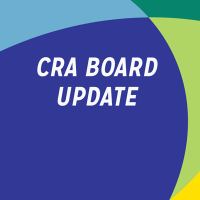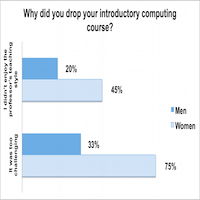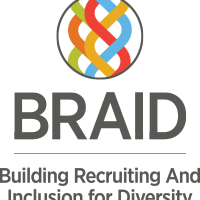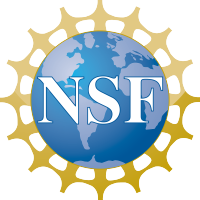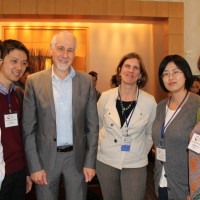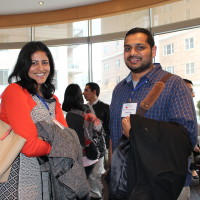
Introducing the CRA-E Undergraduate Research Faculty Mentoring Award Winners
The Education Committee of the Computing Research Association (CRA-E) is proud to announce three winners of the inaugural CRA-E Undergraduate Research Faculty Mentoring Award. Congratulations to the 2016 award recipients: Pieter Abbeel, from the University of California, Berkeley; Marie desJardins, from the University of Maryland Baltimore County; and Judy Goldsmith from the University of Kentucky. These outstanding individuals are recognized for providing exceptional mentorship, undergraduate research experiences, and, in parallel, guidance on admission and matriculation of these students to research-focused graduate programs in computing. The 2016 selection committee included Nancy Amato (Texas A&M University, committee chair); Eric Aaron (Vassar College); Pat Morreale (Kean University); and Barbara Ryder (Virginia Tech). This year’s awards will be presented at the 2016 CRA Conference at Snowbird.


